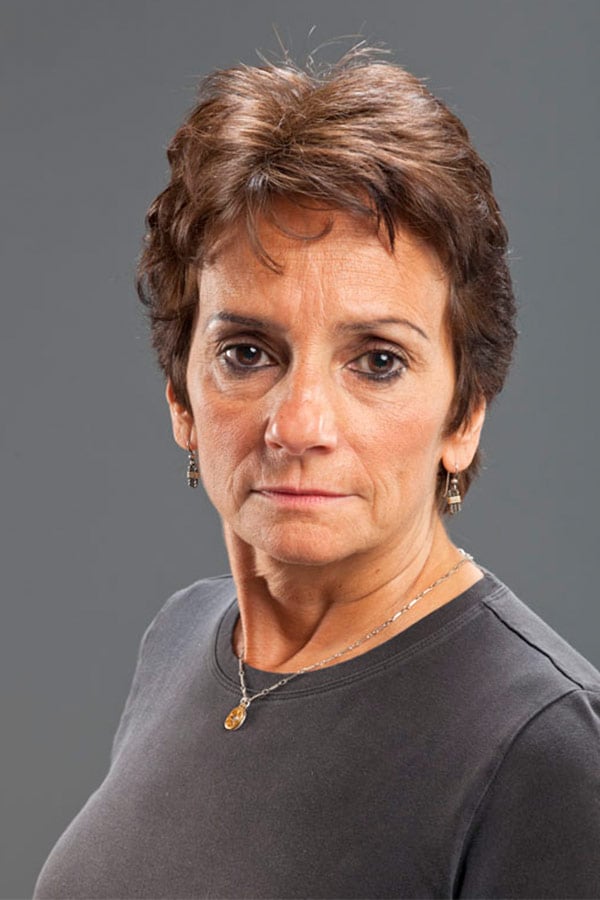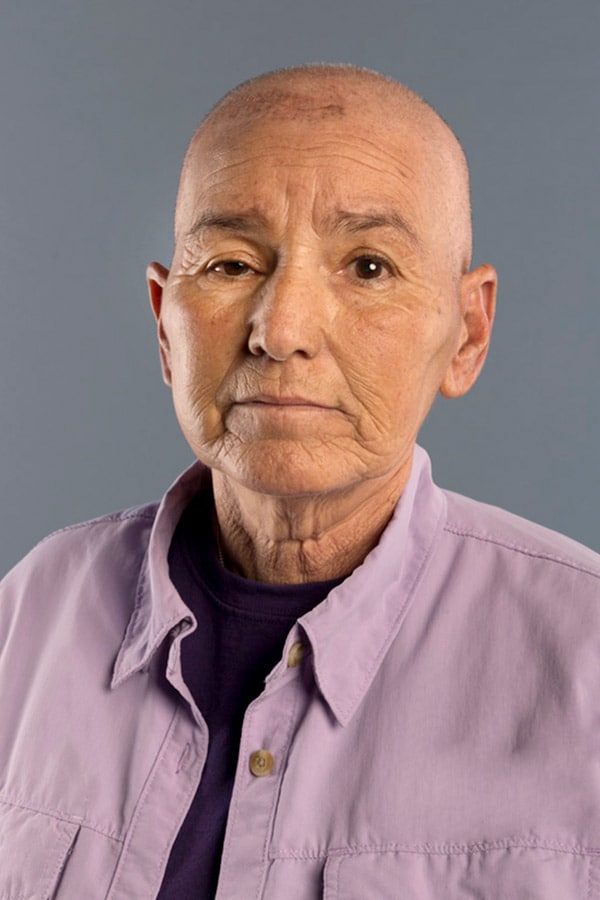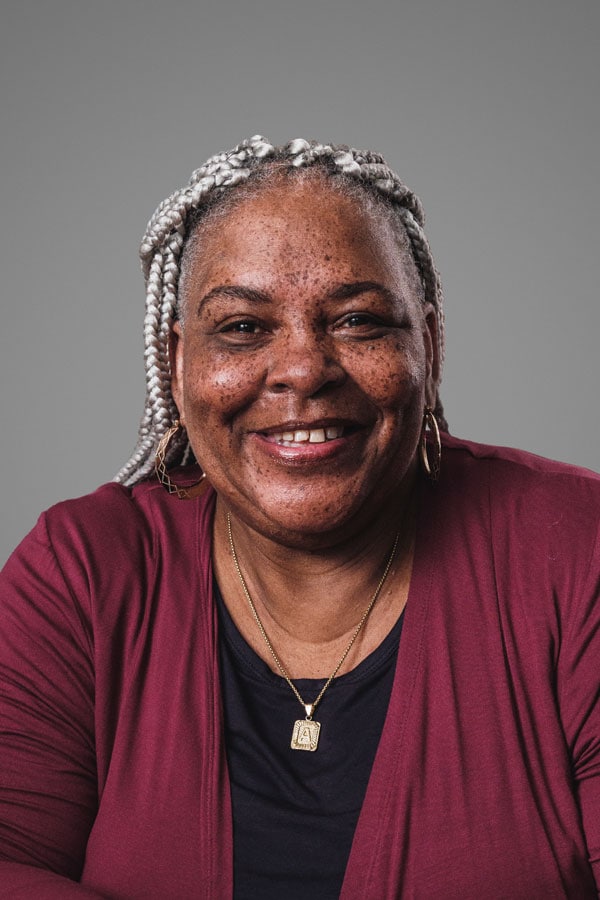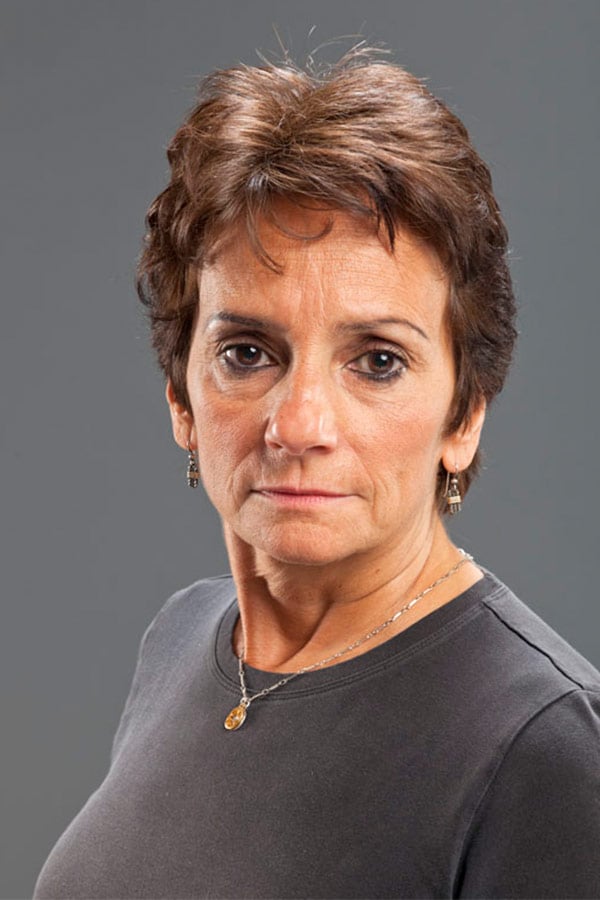LGBTQ+ People
Know the Facts
If you are part of the LGBTQ+ community, you likely have seen tobacco ads in magazines, newspapers, and websites directed at you.† Tobacco companies are focusing their advertising on your communities.
Several factors connect commercial tobacco with higher levels of disease, disability, and death in different population groups. Learn more about health disparities related to commercial tobacco use that affect LGBTQ+ people.
Smoking among lesbian, gay, and bisexual adults in the United States is much higher than among heterosexual/straight adults.
- About 1 in 6 (15.3%) of lesbian, gay, and bisexual adults smoke cigarettes, compared with about 1 in 9 (11.4%) of heterosexual/straight adults.1
- Cigarette smoking is also higher among transgender adults (35.5%), than among adults whose gender identity corresponds with their birth sex (cisgender).2
Smoking increases your risk for lung cancer, heart disease, chronic bronchitis, and other smoking-related diseases.
Learn what percent of people currently smokes cigarettes, both in the United States overall and among specific population groups.
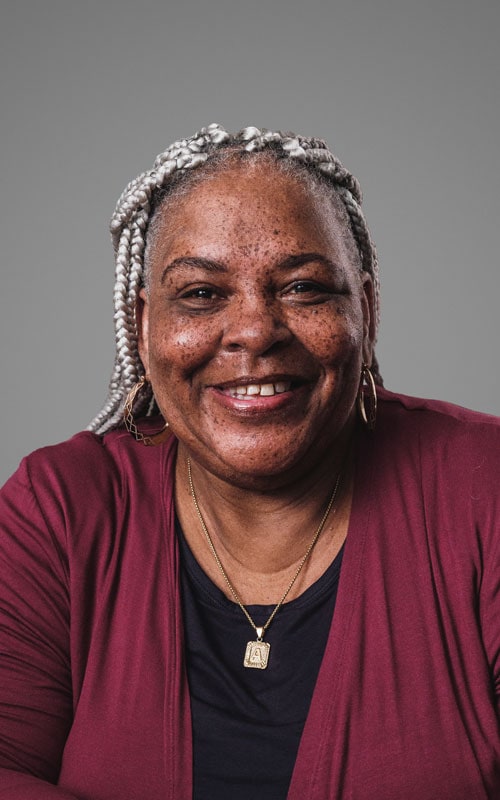
Meet Angie P. Angie, age 62, lives in Ohio and began smoking menthol cigarettes at age 15. She smoked because she thought it would help her to cope with the fear that people around her would not accept that she is gay.
Quit Smoking Medicines
There are 7 quit-smoking medicines approved by the FDA. Explore ways to get free or reduced cost quit-smoking medicines from your health insurance, health plan, or other sources.
† The term “LGBTQ+” is used on this page to refer to people who are lesbian, gay, bisexual, transgender, or queer with the plus sign indicating inclusion of people who are questioning, intersex, asexual, or who hold other gender/sex/romantic identities not specifically identified. Many studies cited on this page only looked at certain groups within the greater LGBTQ+ community. When single terms like “gay” or “lesbian,” or acronyms like “LGB” are used on this page, this corresponds with how terms are used in the cited studies. More studies are needed to understand the ways that commercial tobacco and exposure affects other groups in the LGBTQ+ community.
1. Tobacco Product Use Among Adults – United States, 2021. Morbidity and Mortality Weekly Report 2023.
2. Transgender Use of Cigarettes, Cigars, and E-Cigarettes in a National Study. American Journal of Preventive Medicine, [e-pub 2017 Jan 13].

